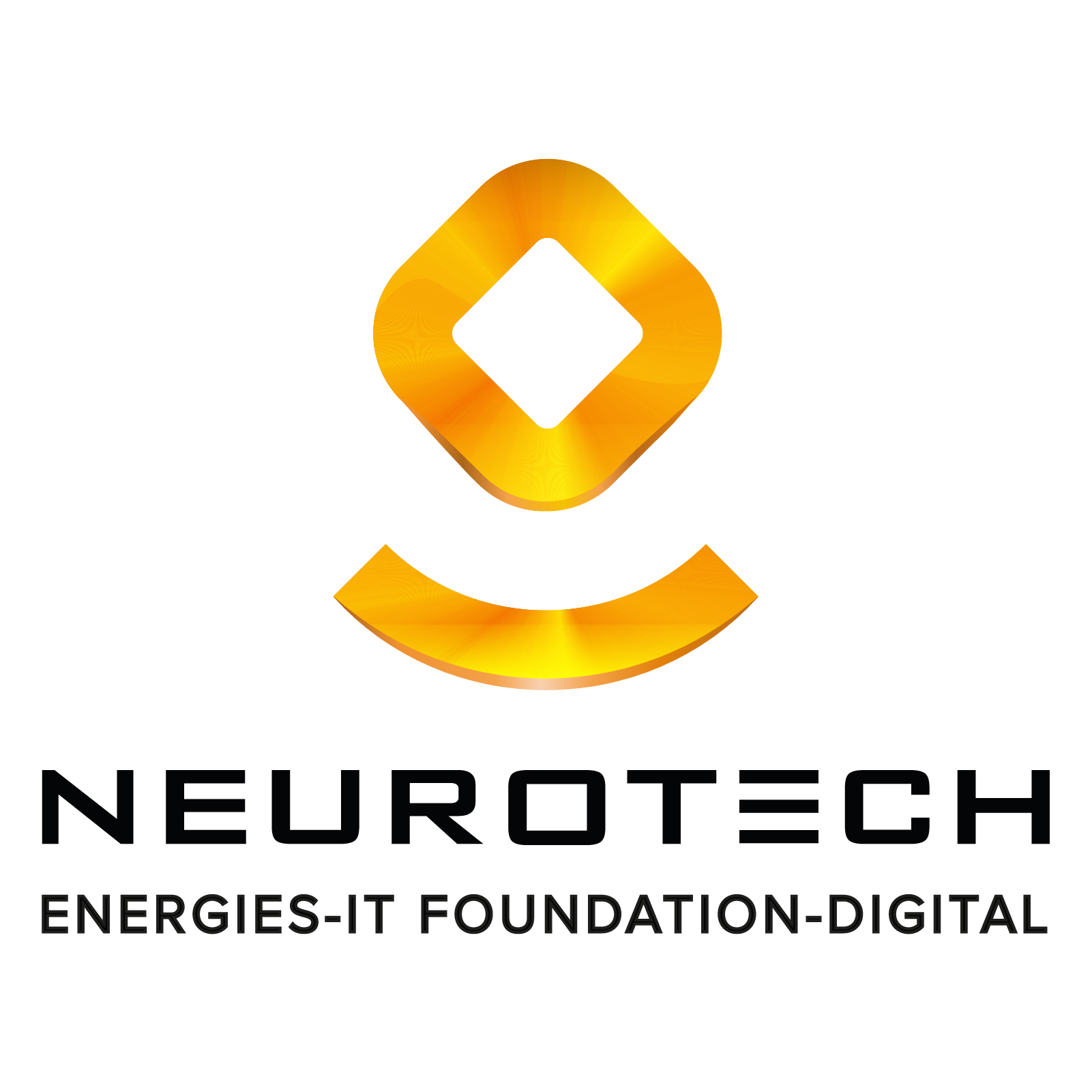

GROUPE NEUROTECH

Dakar, Senegal
February 2025
Electrical equipment
Wholesale/Retail
Benin,
Burkina Faso,
Cote D'Ivoire (Ivory Coast),
Guinea,
Mali,
Senegal,
Togo
NEUROTECH est un acteur majeur dans l'intégration de solutions informatiques et la transformation numérique. Fondé en 2003 par M. Abdoulaye MBAYE. Avec plus de 100 collaborateurs passionnés, l'entreprise accompagne des organisations et PME africaines dans leur développement technologique, en offrant des services d’infrastructures IT, de cybersécurité, d’optimisation énergétique et de transformation digitale. Nous sommes certifiés ISO 9001 depuis 10 ans et signataire du pacte mondial des Nations Unies. Ensemble, construisons un avenir connecté et prospère. /ENGLISH/ NEUROTECH is a leading provider of IT solutions integration and digital transformation services. Founded in 2003 by Mr.Abdoulaye MBAYE, the company has a strong reputation in the industry. With more than 100 devoted employees, the company supports African organizations and SMEs in their technological development, by offering IT infrastructure,cybersecurity,energy optimization and digital transformation services.The company holds an ISO 9001 certification for a decade and is a signatory of the United Nations Global Compact. Together, let's build a connected and prosperous future.
Overall B Impact Score
Governance 10.5
Governance evaluates a company's overall mission, engagement around its social/environmental impact, ethics, and transparency. This section also evaluates the ability of a company to protect their mission and formally consider stakeholders in decision making through their corporate structure (e.g. benefit corporation) or corporate governing documents.
What is this? A company with an Impact Business Model is intentionally designed to create a specific positive outcome for one of its stakeholders - such as workers, community, environment, or customers.
Workers 27.3
Workers evaluates a company’s contributions to its employees’ financial security, health & safety, wellness, career development, and engagement & satisfaction. In addition, this section recognizes business models designed to benefit workers, such as companies that are at least 40% owned by non-executive employees and those that have workforce development programs to support individuals with barriers to employment.
Community 22.8
Community evaluates a company’s engagement with and impact on the communities in which it operates, hires from, and sources from. Topics include diversity, equity & inclusion, economic impact, civic engagement, charitable giving, and supply chain management. In addition, this section recognizes business models that are designed to address specific community-oriented problems, such as poverty alleviation through fair trade sourcing or distribution via microenterprises, producer cooperative models, locally focused economic development, and formal charitable giving commitments.
Environment 16.7
Environment evaluates a company’s overall environmental management practices as well as its impact on the air, climate, water, land, and biodiversity. This includes the direct impact of a company’s operations and, when applicable its supply chain and distribution channels. This section also recognizes companies with environmentally innovative production processes and those that sell products or services that have a positive environmental impact. Some examples might include products and services that create renewable energy, reduce consumption or waste, conserve land or wildlife, provide less toxic alternatives to the market, or educate people about environmental problems.
Customers 4.9
Customers evaluates a company’s stewardship of its customers through the quality of its products and services, ethical marketing, data privacy and security, and feedback channels. In addition, this section recognizes products or services that are designed to address a particular social problem for or through its customers, such as health or educational products, arts & media products, serving underserved customers/clients, and services that improve the social impact of other businesses or organizations.
What is this? A company with an Impact Business Model is intentionally designed to create a specific positive outcome for one of its stakeholders - such as workers, community, environment, or customers.